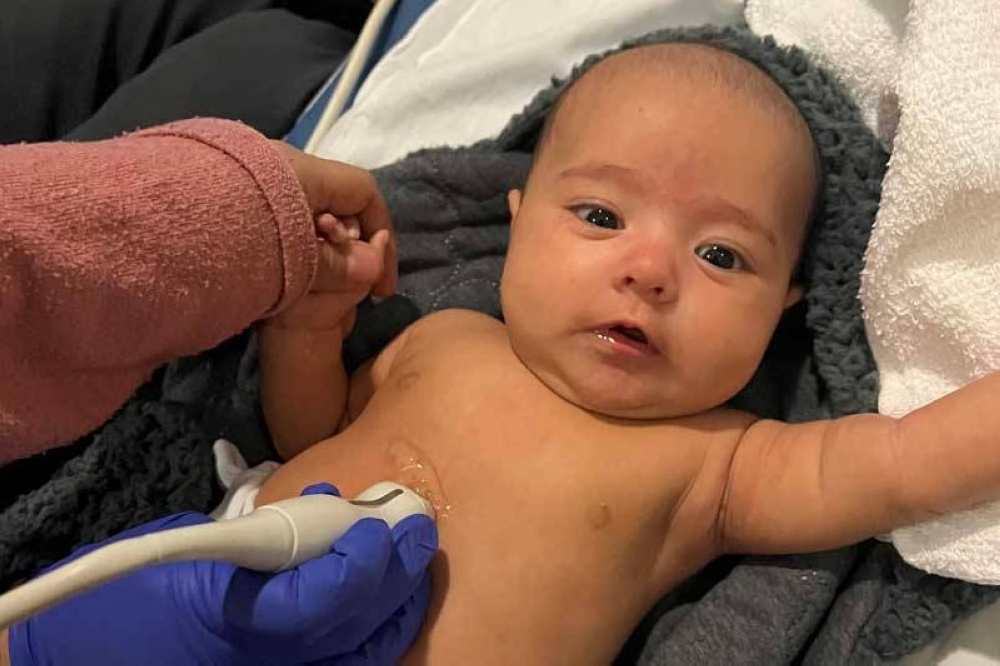Using laboratory engineered tissue, scientists at the University of Harvard and Colorado have created a full thickness, biodegradable patch that holds the promise of correcting congenital heart defects in infants, limiting invasive surgeries and outlasting current patches.
"The current patch materials available to pediatric heart surgeons are exclusively non-living and non-degradable, which often fail in their long-term therapeutic efficacy due to low compliance, an increased risk of thrombosis and intimal hyperplasia, and their inability to remodel and integrate with the heart," the study said.
Permanent fixes require biomaterials that are degradable but that also promote heart regeneration so that the patches are eventually replaced by healthy myocardium, the middle muscular layer of the heart and the thickest.
The ultimate goal is to make lab-grown heart tissue from a patients own cells that can be used to restructure the heart to correct for heart defects," said the studys senior author Jeffrey Jacot.
"Any patches that are not replaced by healthy tissue prior to their degradation will inevitably fail and lead to long-term complications," he added.

